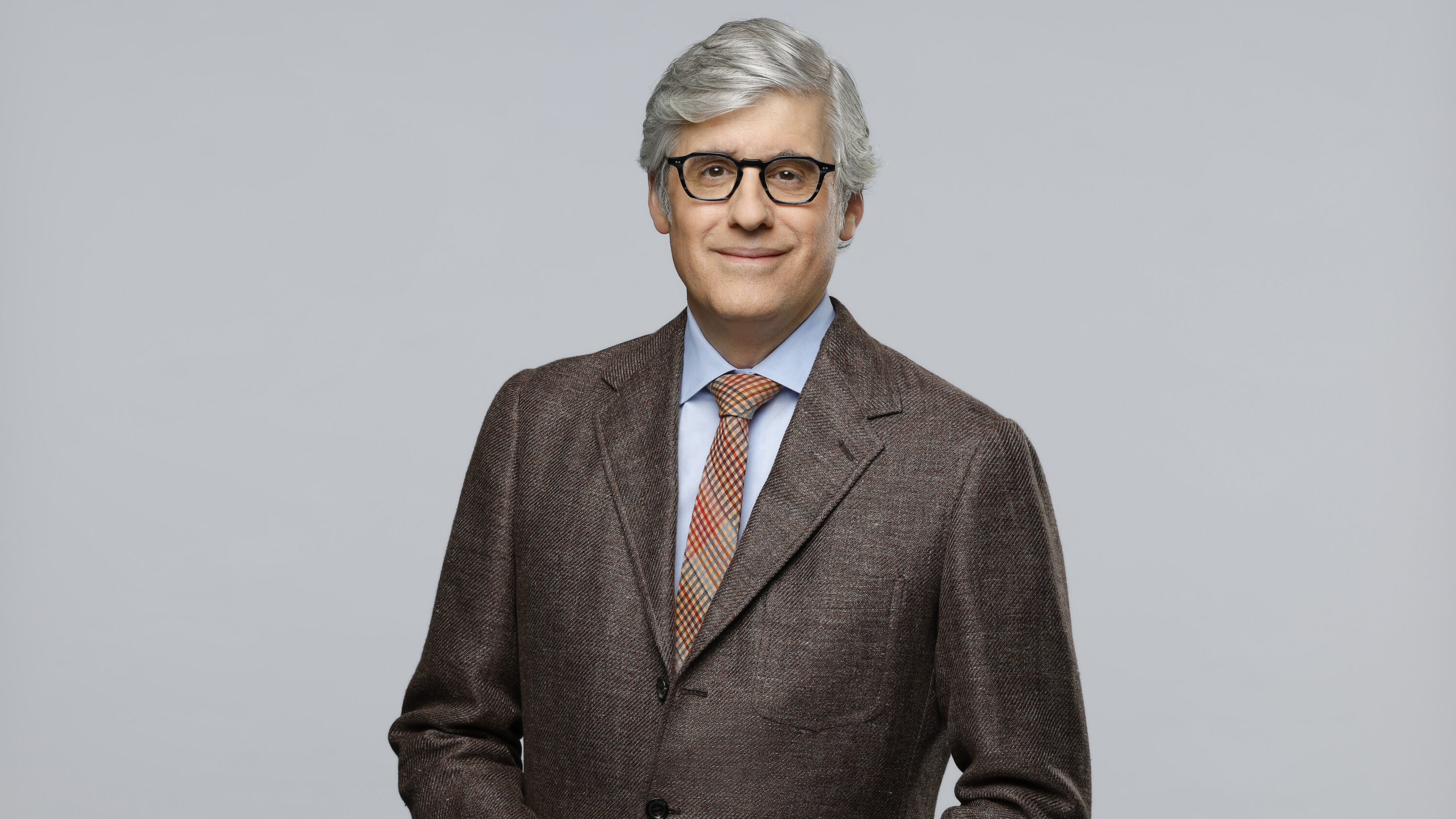Choose Your Battles
The professional video industry's #1 source for news, trends and product and tech information. Sign up below.
You are now subscribed
Your newsletter sign-up was successful
How will new Congress affect DTV transition?
WASHINGTON
Television itself is shaping up to be the most talked-about reality show of the New Year--at least on Capitol Hill. Various and sundry lawmakers have vowed to establish a drop-dead end to analog TV after the 2004 crusade to do so culminated in a definitive whimper.
Tacked into the Intel Reform bill passed before Christmas, DTV legislation was summed up in a "Sense of Congress" resolution that analog transmissions should end Dec. 31, 2006. Such language carries no legal weight; however, it does infer that the hard-date hand wringing will continue. Two of the issues holding up a hard date include the battle over multicast must-carry, and what to do with all those analog TVs in the market.
Broadcasters have long lobbied to get multicast must-carry before a deadline is established, much to the indifference of FCC Chairman Michael Powell, for whom the "primary video" language in current must-carry law means one video signal. Powell's colleague, FCC Media Bureau Chief Ken Ferree, has split the sheet with his boss on must-carry, suggesting it should cover all bits.
The D.C. Circuit Court last month gave the FCC 30 days to explain why it hadn't settled the issue. While the agency was cogitating, Robert Sachs, chief of the National Cable & Telecommunications Association, filed an ex parte comment saying multicast must-carry (as proposed by broadcasters) would cost the cable industry from $7 billion to $28 billion in consumer hardware. With Sachs stepping down, most probably within the next few months, cable will have to anoint a new standard bearer in the fight against expanded must-carry.
Besides the never-ending scrap over must-carry, another obstacle on the way to an analog deadline is all those over-the-air TVs that would go dark when analog transmitters are shut down--around 70 million, according to the NAB. Lawmakers have bandied about the notion of subsidizing set-top converter boxes that would allow the TVs to continue working, but President Bush sent them all a nice note expressing his distinct lack of enthusiasm for the plan.
COMINGS & GOINGS
Set-top subsidies were a part of the eponymous DTV transition plan put forth by Ferree, who proposed including cable and DBS subscribers in the count that triggers analog shut-off according to the 1997 Balanced Budget Act. Powell originally intended to bring some version of the plan to vote by the end of last year, but following plenty of squabbling on Capitol Hill about just who would author the next round of DTV legislation, a vote on the Ferree Plan was pushed to an early 2005 time frame.
Sen. John McCain (R-Ariz.), outgoing chairman of the Senate Commerce Committee, attempted to write DTV deadline legislation last year, but saw it gutted before it reached the Senate floor. Rep. Joe Barton, (R-Texas), the head of the House Commerce Committee, will lead the charge this year, not just to end the DTV transition, but to reform the 1996 Telecom Act as well. He'll be joined in the effort by and Sens. Daniel K. Inouye (D-Hawaii) and Ted Stevens (R-Alaska), who said they plan to initiate a nationwide "listening tour" to get feedback on telecom reform. Tour T-shirts were not available at press time.
Meanwhile, back at the FCC, changes are afoot, according to NAB chief Eddie Fritts.
"The FCC you're dealing with today is not the one that's going to be there," he told reporters early last month.
Commissioner Kathleen Abernathy, whose term expired last June, is expected to exit. Names on the short list for her seat (still) include National Telecommunications and Information Administration Director Michael Gallagher; William Bailey, chief telecom advisor to Sen. John McCain (R-Ariz.); and FCC Chief of Staff Bryan Tramont. Rebecca Klein, who worked for Gov. George W. Bush before she became chairman of the Texas Public Utilities Commission, is also available for a job since losing her bid for Congress. Klein has been mentioned as a contender for Powell's job, but the incumbent chairman continues to insist he has no intention of leaving. Immediately.
Powell may at least want to stick around long enough to straighten out his ill-fated media ownership regulations, which the Third Circuit Court of Appeals stayed last June. The Supreme Court last month held the door open for the FCC to file a cert petition to overturn the Third Circuit ruling.
The professional video industry's #1 source for news, trends and product and tech information. Sign up below.
